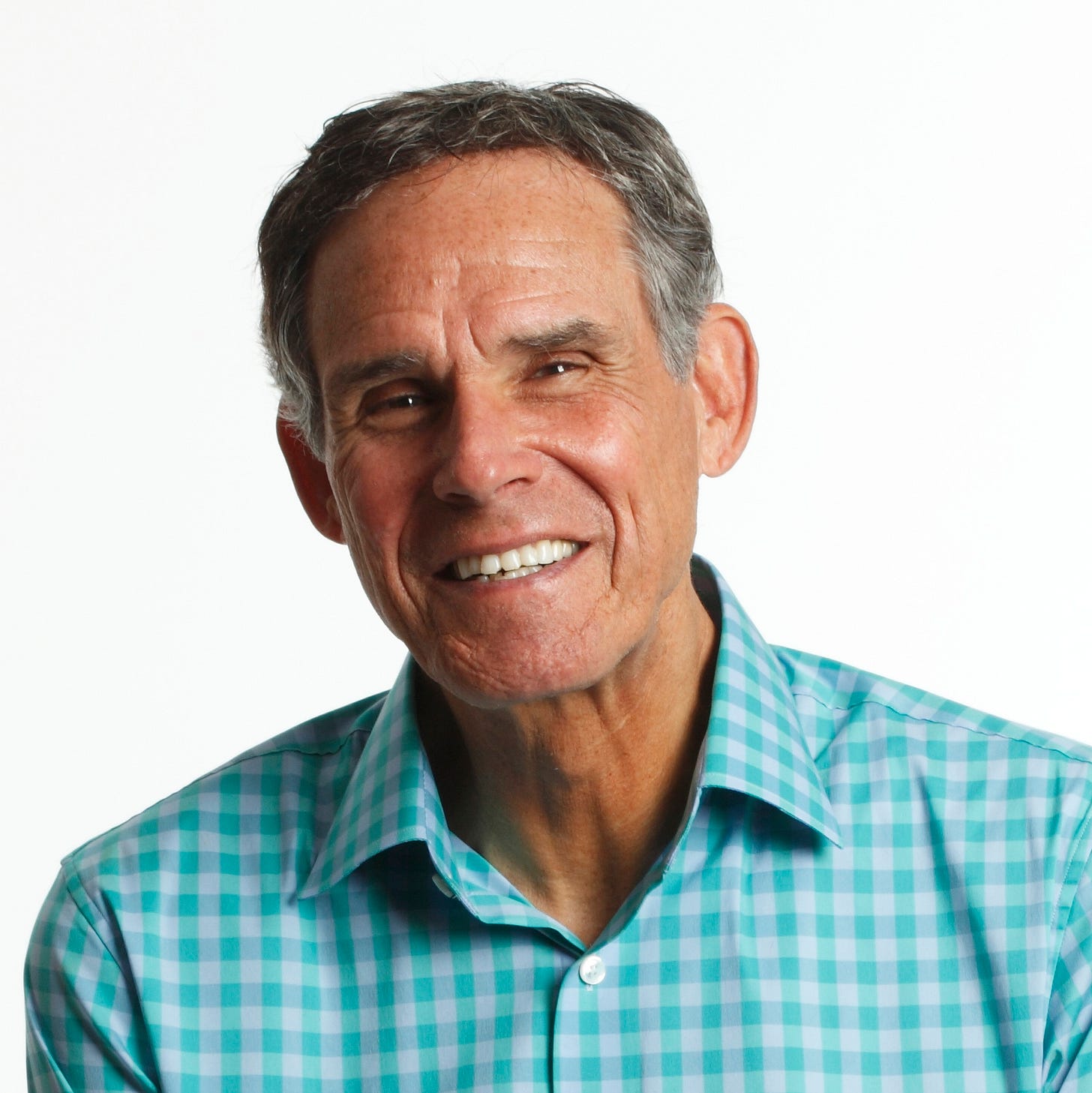How the Smartphone Could Revolutionise Healthcare - Latest Medical Evidence Matters with Liz Tucker Podcast
Spotting diseases earlier and preventing some illnesses developing at all
This week’s episode of Medical Evidence Matters with Liz Tucker is now available on Apple, Spotify and other podcast platforms. (The podcast was formerly known as What Your GP Doesn’t Tell You. You can sign up to the mailing list at the podcast website. The podcast will now be taking a short break and returning on Tuesday 25th October, when it will be permanently moving to Tuesdays.
In this week’s show, Dr Eric Topol, one of the world’s leading cardiologists, reveals how the smartphone has the potential to transform medicine and create far more targeted and individualised treatment for patients.
Eric, who has been listed as one of the top ten cited researchers in all of medicine and voted the number one most influential physician-leader in the United States, explains the huge range of tests that phones can now carry out, from assessing kidney function to controlling asthma.
With a range of medical attachments, phones can also do full body scans, skin, eye and eye tests. All in real time and far cheaper than using conventional hospital technology.
Eric describes in this clip how when he now wants to monitor a patient’s heart, he uses a smartphone with an ultrasound probe and sees little point in using a traditional stethoscope.
But this approach doesn’t only offer cost savings and convenience, perhaps the biggest game changer of all is the wearable biosensors that can be attached to patients and their phones, collecting data 24 hours a day.
This information that can then be fed back directly to patients and their doctors, giving patients far more control over their own treatment. While at the same time giving doctors the opportunity to spot drug interactions, discover which medications work for which patient, and assess factors such as how a patient’s genes affect their response to a treatment. The hope is that this will enable diseases not only to be treated earlier but, in some cases, to be prevented entirely.
As Eric describes in this interview extract, one of the first examples of this approach was an algorithm to designed to spot atrial fibrillation, a heart condition that can cause an irregular and often fast heartbeat.
Eric argues in this final clip that there is so much information that we are just not using at the moment and says that medicine needs to get much better at understanding biology on an individual patient level, operating at a population level simply isn’t good enough any longer. He explains how most drug trials only benefit a minority of patients and we discuss an article in Nature1 several years ago, which looked at the ten top selling drugs in the US and discovered that for every drug that worked for one patient, it didn’t work for three to twenty-four patients.
Eric argues that this individualised approach will help put patients at the centre of their own care and bring what he says is the long overdue democratisation of medicine.
Dr Eric Topol is the founder and director of the Scripps Research Translational Institute, professor of molecular medicine at Scripps Research Institute and has also advised the UK’s NHS.
You can find out more about the podcast at my website and follow me on Twitter @lizctucker.
Putting together a podcast like this requires a large amount of work and resources, so if in the coming weeks you feel able to support the podcast, I’d be very grateful. You can do so at https://www.patreon.com/c/MedicalEvidenceMatterswithLizTucker


